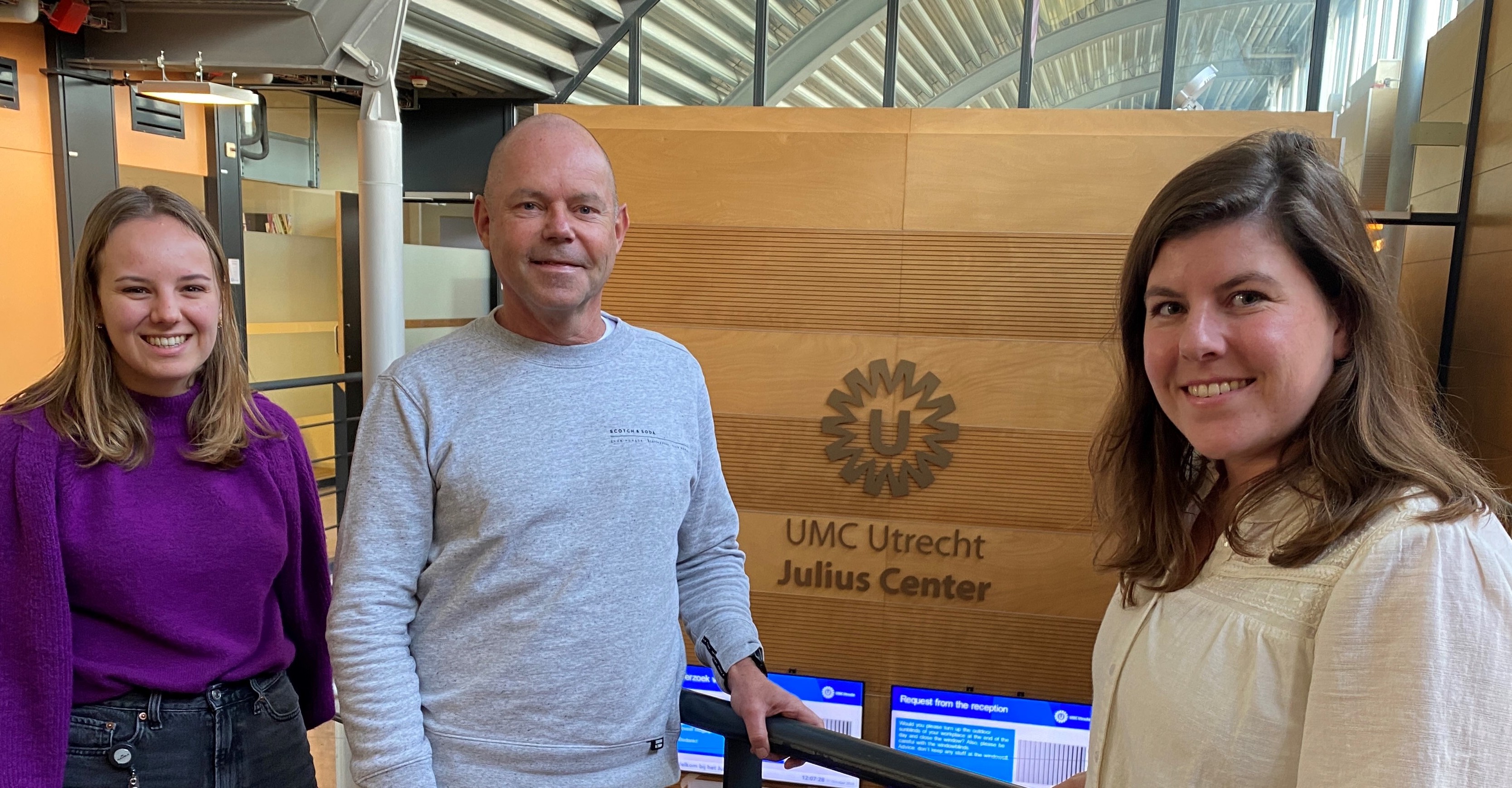Maximising the utility of connected data in ECRAID-Base, Part 1: Data management
Data plays a pivotal role in clinical research and can be utilised to strengthen sustainability and improve clinical care. It is therefore an integral part of the ECRAID-Base project which aims to build a robust and sustainable European clinical research infrastructure for infectious diseases. Here we offer insight into the important work done by the Data management team.
The EU-funded ECRAID-Base project allocates significant resources to ensure that Ecraid, its network and the affiliated studies set an example in managing, utilising, and sharing data. This substantial task is entrusted to the project’s Work Package 9 (WP9) which is organised into four work streams: Data management (9A); Ethics, data harmonisation and sharing (9B); Epidemiological research (9C); and Statistical research (9D).
We met with the Data management team to discuss how they use data protection, data integrity and quality standards, data archiving, and FAIR-by-design principles to enhance the Ecraid network and build value for participating sites and patients.
Data management
Work stream 9A, led by UMC Utrecht (UMCU), focuses on applying best practice in data management. The UMCU team manages data collection, quality standards, and data security across ECRAID-Base studies. This work encompasses implementing and maintaining data collection tools, integrating existing systems, and exploring direct data collection techniques, as well as providing support during clinical studies, including dashboards for real time data insights, data cleaning and archiving, and centralised data integration.

Meet the ECRAID-Base Data management team (from left to right): Lisanne Vintcent, Frank Leus, and Ellen van Deuren.
We sat down with Frank Leus, coordinator of data management at UMCU, to talk about his team's work and its role in the project.
Why is data management so important in a project like ECRAID-Base?
The five perpetual observation studies (POSs) in ECRAID-Base involve working with a lot of sensitive participant data that is protected under various regulations and laws, such as ICH-GCP and GDPR. Our team makes sure that appropriate data security and privacy measures are in place. Furthermore, we facilitate optimal data integrity and quality because these are crucial for achieving the level of scientific excellence the project aspires to.
How do you need to ensure that data collection tools are compliant with Good Clinical Practice (GCP) standards? Can you provide examples of how compliance is achieved?
First of all, we only use validated and certified collection tools. Our suppliers undergo regular audits to ensure that their systems continue to comply with all applicable laws and regulations, such as ICH-GCP, GDPR, 21 CFR part 11, ISO27001, etc.
In addition, we use numerous Standard Operating Procedures (SOP) for all our data management processes to ensure a correct, complete, and consistent data collection. I can give an example with eCRFs – electronic questionnaires used to collect data from the study sites. A SOP describes all conditions that need to be met before an eCRF can be made available. For example, it would stipulate functional testing by end users and technical validation by the data managers.
Would you describe the key components of the data management plan you have created for ECRAID-Base and how it supports the project's objectives?
The project’s overarching data management plan (DMP), applicable for all POSs, describes all data privacy and security measures, as well as the security of the data management systems used in the studies. An important part of this DMP are the measures taken to ensure compliance with various ethical considerations and the FAIR* data principles: Findability, Accessibility, Interoperability, and Reuse.
In addition, each POS has its own operational DMP in which the study-specific data management responsibilities are described for all partners involved. This document also describes the study-specific data and sample flows and the data management procedures needed to achieve high-quality data.
The two DMPs together ensure that data collection takes place according to the guidelines and that study data is obtained that can be optimally used by the researcher for statistical analysis.
What strategies are in place to maintain data quality, security, and integrity during the entire project duration, including archiving data for at least 15 years?
The data security and privacy measures described in the DMP documents are based on the regulations and research requirements in force at the time of writing, but these evolve over time. Given the long projected lifetime of the POSs, the measures and procedures are also expected to be adjusted regularly. DMPs are living documents and they will be updated as needed.
There is more
Our conversation with Frank made us curious about what other sides to data there are and how those are covered in the ECRAID-Base project. In a follow-up article we will deep-dive into the work of work stream 9B which is responsible for ethics, data harmonisation and sharing. That is coming soon!